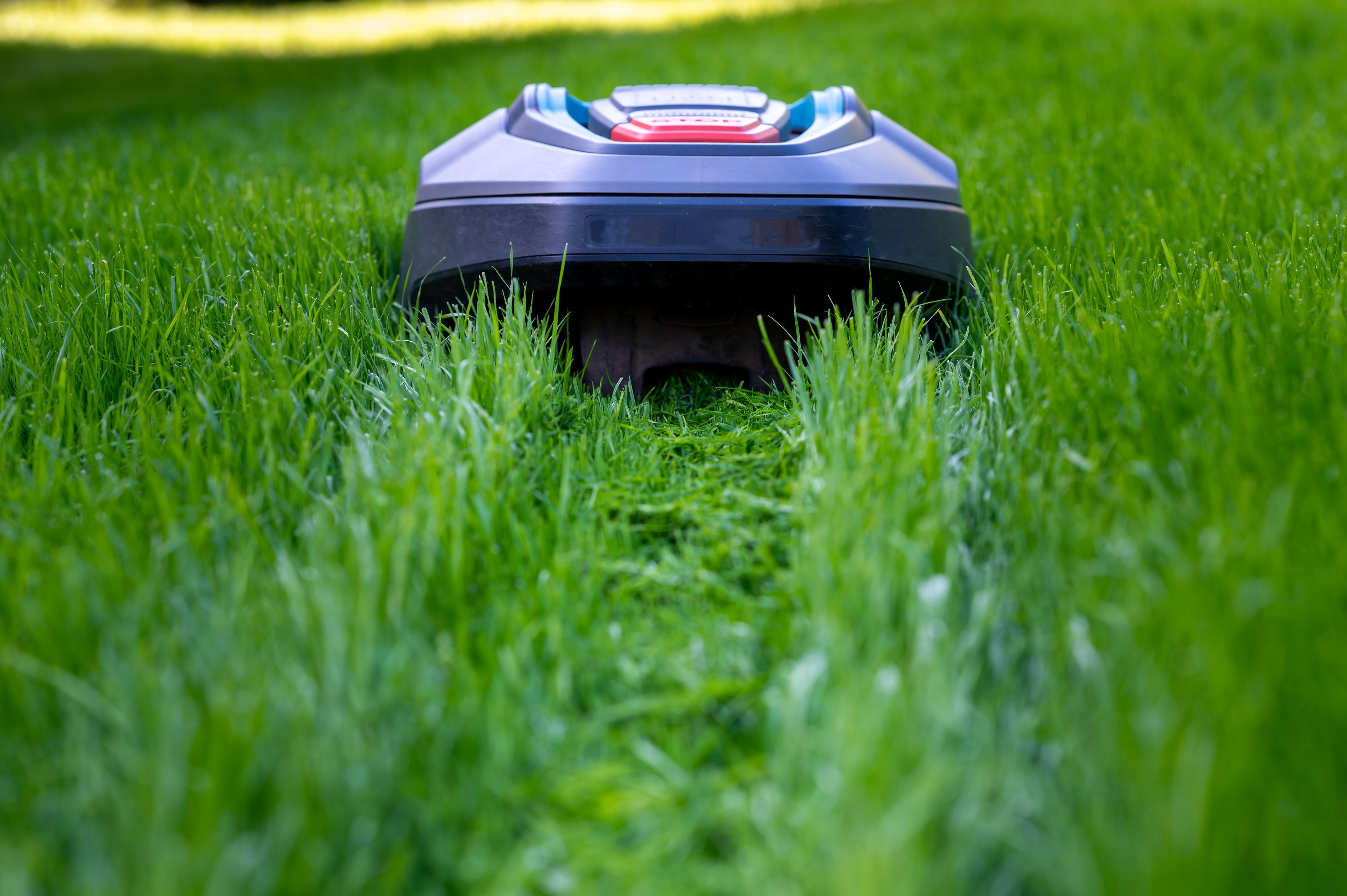Transform Lawn Care with AI

The future of lawnmowers using AI (Artificial Intelligence) is an exciting prospect, as it can potentially transform how we maintain our lawns. AI-powered lawnmowers can make lawn care more efficient, effective, and eco-friendly, while also reducing the amount of time and effort required by users. The future of lawnmowers is likely to involve more advanced technology and increased efficiency, focusing on reducing environmental impact and making lawn care more manageable and more convenient for users.
Lawnmowers have been an essential tool for homeowners for decades, providing a means to keep our lawns tidy and well-maintained. However, as technology advances, so do the tools we use to care for our lawns. In recent years, there have been significant advancements in lawnmower technology, with a focus on increased efficiency, reduced environmental impact, and greater convenience for users. From electric power to artificial intelligence, the future of lawnmowers is looking increasingly exciting and promising.
Application of AI in lawnmowers: The application of AI in lawnmowers is the use of sensors and cameras to detect the height and density of grass, as well as the presence of obstacles such as rocks or tree roots. This information can be used to adjust the speed and cutting height of the mower, ensuring that the grass is cut evenly and efficiently while minimizing damage to the mower's blades.
Another potential application of AI in lawnmowers is the use of machine learning algorithms to optimize cutting patterns and schedules based on factors such as weather conditions, grass growth patterns, and user preferences. This could lead to more efficient and effective lawn care, as well as reduced wear and tear on the mower's components.
AI-powered lawnmowers could also be equipped with self-diagnostic systems that detect and diagnose problems with the mower's components, such as the engine, blades, or sensors. This would enable users to identify and repair issues before they become more serious, reducing the need for costly repairs or replacements. Finally, AI-powered lawnmowers could be integrated with smart home technologies, such as voice-activated assistants or smartphone apps, allowing users to control and monitor their mowers remotely. This would make lawn care more convenient and accessible, especially for busy or elderly users who may have difficulty operating traditional lawnmowers.
Conclusion: The future of lawnmowers using AI is full of exciting possibilities that could transform the way we maintain our lawns. By using advanced sensors, machine learning algorithms, and other cutting-edge technologies, AI-powered lawnmowers could make lawn care more efficient, effective, and convenient than ever before.